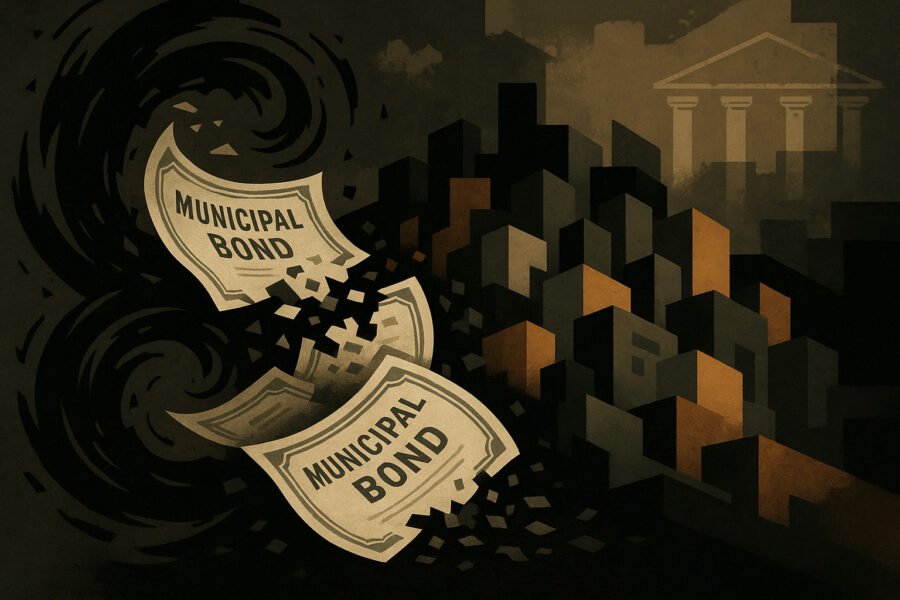A failed municipal bond sale tied to a redevelopment project has triggered a federal investigation by the FBI, following widespread allegations of financial misconduct and what some analysts describe as a “Ponzi-like” fraud.
The bond in question, meant to fund a California community development initiative, defaulted shortly after issuance. Investigators are now examining whether the issuer misled investors regarding the project’s viability and use of funds. The Securities and Exchange Commission (SEC) is also monitoring the case, raising the possibility of enforcement actions.

Investors Claim Deception in Promised Returns
Investors allege that funds from new bond buyers were used to pay interest to earlier ones, mirroring classic Ponzi dynamics. Promotional material is now under scrutiny for overstating projected returns and minimizing risk, particularly in a market that traditionally relies on conservative fiscal management.
The case has rattled confidence in the $4 trillion U.S. municipal bond market, which local governments typically use for infrastructure and development financing. Analysts suggest this case may set a precedent in legal accountability for municipal underwriters and financial advisors.
Federal Oversight Could Intensify
With investor complaints mounting, the FBI has initiated interviews with bond brokers, local government officials, and associated development agencies. Market watchers expect the probe to examine whether the deal violated federal securities laws or involved any public corruption.
In a rare move, the Municipal Securities Rulemaking Board (MSRB) issued a preliminary advisory on improved transparency for investors, acknowledging that the case reveals vulnerabilities in oversight mechanisms.
The fallout could lead to stricter federal disclosure norms and increase scrutiny over third-party consultants involved in bond underwriting. For retail investors and pension funds heavily reliant on municipal debt for stable income, this case underscores the importance of due diligence—even in traditionally low-risk investments.


